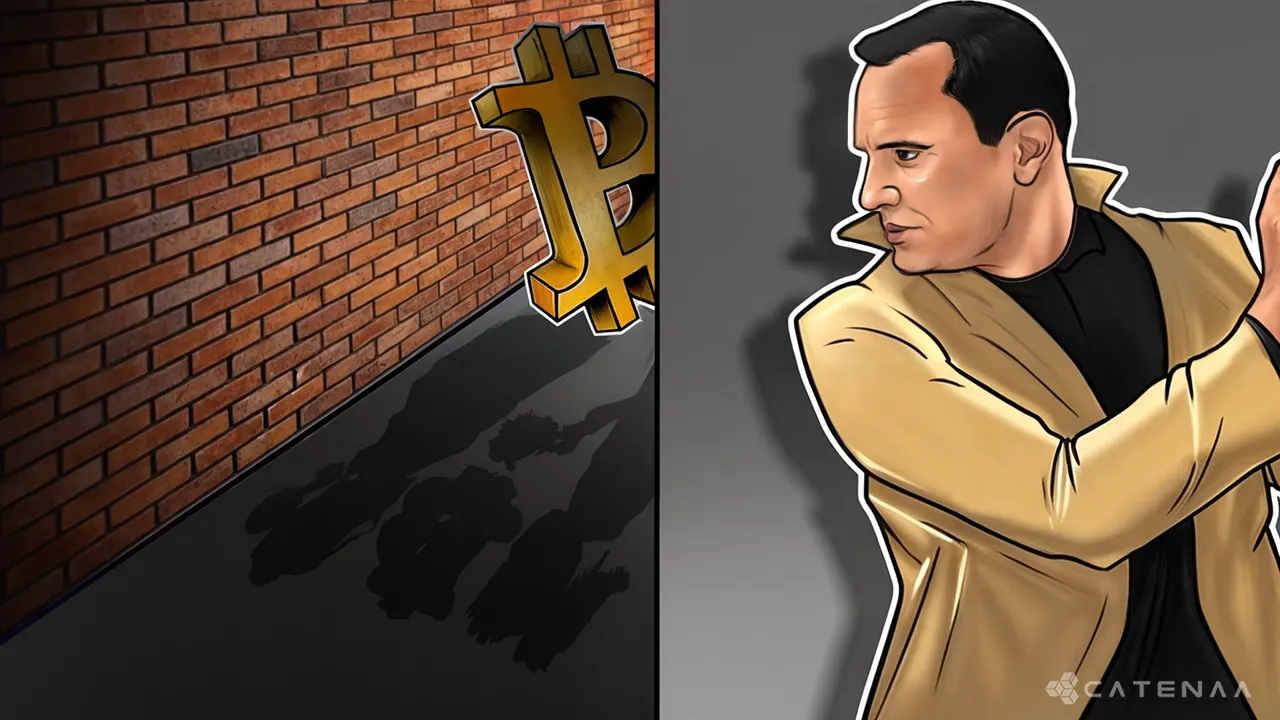Washington, DC, Sunday, August 11, 2024 – The US Secret Service could see expanded authority to combat cyber money laundering and digital asset crimes if new bipartisan legislation introduced by three Senators becomes law.
The three Senators namely, Catherine Cortez Masto (D-Nev.), Chuck Grassley (R-Iowa), and Amy Klobuchar (D-Minn.) have introduced a bill titled The Combatting Money Laundering in Cyber Crime Act which aims to modernize existing laws. The press release by the Senators can be seen here.
However, the main point in this is the enabling of the Secret Service to investigate emerging forms of financial crime involving digital assets.
The bill responds to increasing misuse of cryptocurrencies for illicit activities such as money laundering, drug trafficking, and ransom ware attacks.
It seeks to extend the Secret Service’s jurisdiction to include cybercrimes committed by unlicensed and nontraditional financial institutions, which currently fall outside its purview.
The U.S. Secret Service has limited jurisdiction over digital asset crimes, primarily focusing on cases related to its traditional mission, such as financial fraud and counterfeiting, where cryptocurrencies are involved.
The current legal framework lacks comprehensive coverage for cryptocurrency-related crimes, especially those involving unlicensed entities.
This creates challenges for law enforcement in effectively addressing the complex nature of these digital asset crimes.
The proposed Combatting Money Laundering in Cyber Crime Act aims to address these gaps by explicitly granting the Secret Service broader authority to investigate new forms of criminal activity involving digital assets.
This legislation would enable the agency to more effectively tackle cybercrimes perpetrated through cryptocurrencies and expand its role in combating financial crimes in the digital space.
The Combatting Money Laundering in Cyber Crime Act also includes a provision for a progress report on the implementation of the FinCEN Improvement Act of 2021, aimed at further bolstering oversight in the digital asset space.


